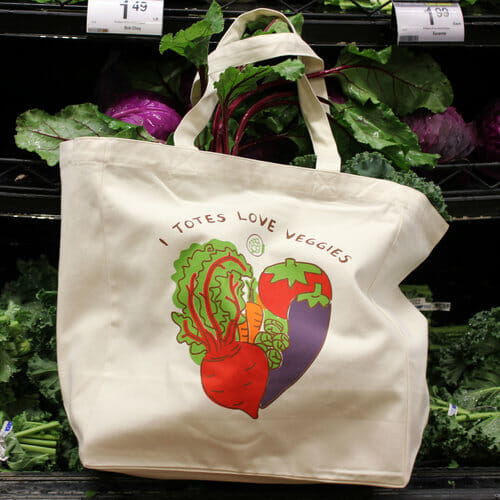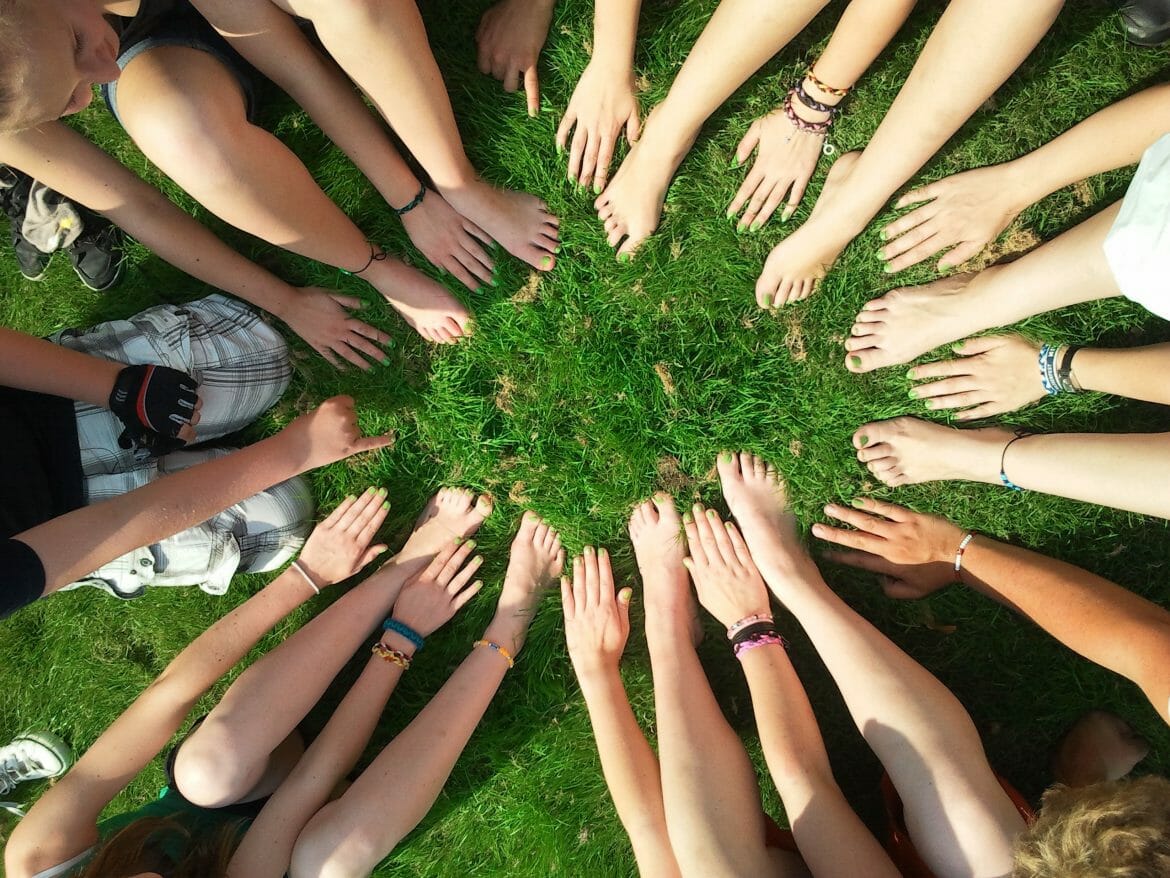As if college students didn’t already have enough to worry about between studying, working and finding time to sleep, it seems there’s one more thing to add to the list: doomsday!
… Not really. But it certainly seems that way sometimes when you take a look at the environment around you. In fact, The New York Times stated that if the world doesn’t step up its efforts, the planet “could be locked into a future of extreme storms, droughts, food and water shortages and rising sea levels.” Thankfully, this prediction is both unlikely and far off, so no, you don’t have to brush up on your cool, video-game worthy apocalypse skills. But there are ways you can make a difference, both here on campus and in your everyday life.
Leading the charge to eco-friendliness here on campus is Joe Whitefield, assistant vice president for MTSU Facilities Services and co-director of the Center for Energy Efficiency. Together with Dr. Kathy Mathis, co-director and associate professor, the Center for Energy Efficiency has implemented sustainability projects like pervious concrete sidewalks, recycling and stormwater programs, and traffic management to reduce greenhouse emissions.
The campus benefits from reliable, cost-effective, more environmentally friendly utilities,” Whitefield said. “A green campus is one that provides economic and environmental benefits. These include lower utility costs and a more attractive campus environment.”
So how can students help keep our beautiful green utopia alive? “Going green” may seem daunting at first, but there are a few easy steps that can make huge differences in your life, your campus and your community.
1) Get a reusable water bottle

Did you know that the average annual spending on bottled water in the U.S. is over $12 trillion? Each American uses on average more than 180 bottles a year, and 91 percent of those are never recycled. On top of that, the cumulative price of bottled water is 2,000 percent greater than tap water. Having your own reusable water bottle is a great way to help the environment while also saving money — and honestly, isn’t that the most important thing in college? You can choose your favorite color, decorate it with stickers or even get a cool MTSU water bottle to show off your school spirit! MTSU even has water fountains conveniently spread across campus for when you need a refill.
Bonus tip: For all of the coffee and tea lovers, a ceramic mug is your go-to for eco-friendliness! Not only will it keep your drinks hotter longer, it will be more cost-efficient in every way. Some shops, for example, gives you a discount if you bring in one of their branded reusable cup. Cute coffee cups, plus discounts? Win-win all around!
2) Recycle more

This seems like a pretty obvious one, but somehow, we still forget about it. Did you know that out of the 258 million tons of trash that Americans produce, only 34 percent gets recycled? Just by recycling one ton of our plastic trash alone, we could save up to 5,774 kilowatt-hours of energy! Although students don’t make nearly that amount of trash, we can still do our fair share in helping.
“Proper disposal of trash and recyclables makes the campus look better and keeps cleanup costs down,” said Whitefield, who is no stranger to recycling, since the Center for Energy Efficiency, along with the Facilities Services Department, manages the recycling program on campus.
Thanks to their hard work, students can enjoy easy access to recycling depositories all over campus. Recycling your daily water bottles, coffee cups and mountains of unwanted papers will keep your desk clean and your campus clean, too.
3) Share the ride
Carbon emissions are one of the biggest threats to our environment today. With over 6,587 million metric tons of carbon dioxide being produced each year in the U.S. alone, and 27 percent of that solely from vehicles, it’s a problem we need to face. But how can we help fight such a huge problem from campus? A popular solution that is full of advantages, yet frequently overlooked, is car pooling! Even if you only share a ride a few days a week, car pooling can have serious benefits for your stress, your budget and the environment.
Since car pooling cuts down on the number of vehicles on the road, that means less carbon dioxide is being produced that could pollute the air, water and land around you. Sharing rides also cuts down on the amount of gas you have to purchase, further reducing the amount of harmful pollutants you’re responsible for putting into the environment — and it also means you spend less money, which lets you hoard even more of those pennies. Once you set up a system to rotate cars, the more riders who join you in your car, the more you can split expenses and save. So have fun, make friends and, most importantly, save the environment, along with your wallet!
4) Grow some green
Why just “go green” when you can literally grow green? With the simple addition of a few little plants, you can drastically improve the air quality in your living space while creating a cozy, peaceful and Instagram-ready study nook.
When you breathe, your body exhales carbon dioxide and inhales oxygen. But during photosynthesis, plants release oxygen while absorbing carbon dioxide as well as various toxins. This opposite pattern makes houseplants very beneficial to keeping your air healthy and toxin-free.
So what are the best plants for a student budget and lifestyle? If you’re looking for an air filter, your best bet lies with a spider plant or an English ivy, which are both rated by NASA as some of the best air purifiers for small living spaces … and, thankfully, they’re hard to kill, which is helpful for forgetful students. If you’re looking for plants that are beneficial to sleep, the two best plants to purchase are jasmine, which reduces anxiety, deepens sleep and increases alertness during the day, and a snake plant, which emits very high amounts of oxygen to help you sleep more deeply and wake more refreshed.
Whatever your choice, you can’t go wrong with mixing a little more green into your life. For more plants that are ideal for college students, check out this site.
5) Get on board with reusable grocery bags

Reusable grocery bag usage has been on the rise as a handy alternative to single-use plastic bags. Plastic bags take a significant amount of petroleum to create and are almost never recycled, which often ends with them polluting waterways and streets.
But there are endless possibilities when you use reusable bags — primarily, their seemingly impossible strength. Go ahead and test them; these bags will do more than carry your groceries. Pack those textbooks, energy drinks and plenty of snacks in there. Pack your whole dorm into these bags. They can take it, and probably in one trip.
There are, of course, even more benefits besides reusable bags’ superhero strength. Reusable bags help us with one of the most common problems of adulthood: the ever-present stash of plastic bags. We all have that one stash, lurking in the corners of our house. Get rid of it and replace it with a reusable bag. You’ll be glad you did.
There are plenty of ways that you can help the environment, both on and off campus. The most important thing is to stay informed about what’s happening to the environment around you. Pay attention to activities by student organizations here on campus, such as Students for Environmental Action.
Most importantly, take small steps in your daily life to make your campus a better place. The environment, your health and your wallet will all thank you for it!


COMMENTS ARE OFF THIS POST